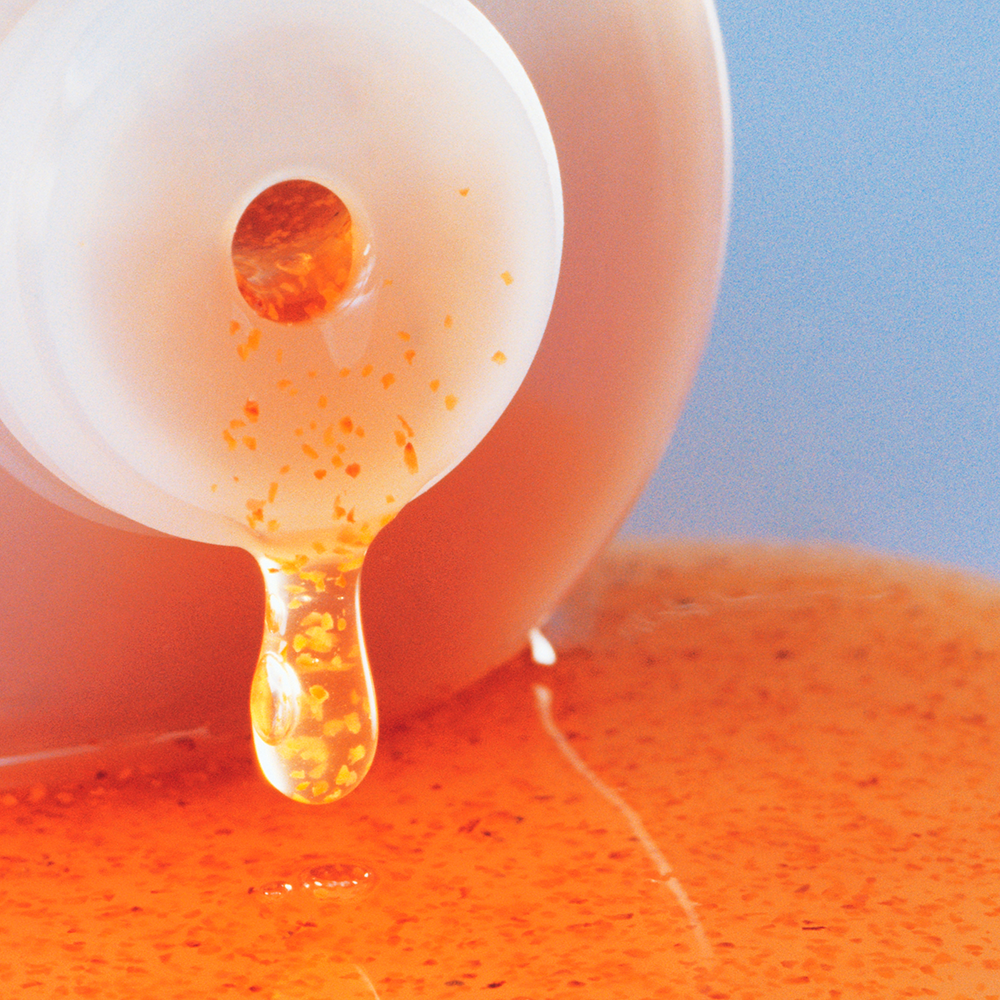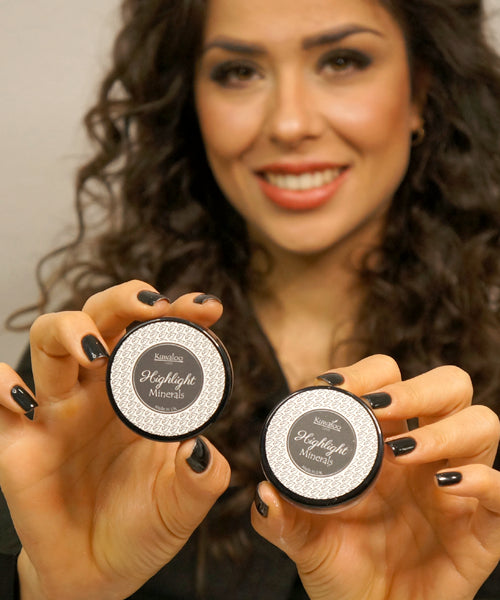
1 Comments
What are polyethylene microbeads?
Plastic Microbeads, the tiny colourful pellets found in face wash, body scrubs waterproof makeup and toothpaste, are often polemic topics on the Internet, particularly about their harmful effects on the environment. Microbeads are very small bits of plastic that manufacturers use to supply scrubbing power to their products. They look like tiny spheres and range in size from 1 millimeter (about the size of a pinhead) to 1 micrometer (too small to be seen by the naked eye).
A single cleansing product can contain as many as 360,000 microbeads (almost the same amount as its plastic container).
What are they causing?
These tiny pieces of plastic are washed down the sink, not caught by filters and end up straight in the oceans. Then, they are often confused with plankton and eaten by marine life. Eating the plastic is harmful enough on its own for these animals, but scientists have also shown that plastic pellets can harbor polluting chemicals, potentially causing problems for the food chain and our food supply.
But the environmental hazards aren't the only way microbeads cause damage: They're likely hurting your skin as well.
Imagine rubbing a polyethene bag or plastic bag on your face. That is the equivalent of rubbing microbeads on your body. Polyethylene (PE) or polypropylene (PP) is the common composition of plastic microbeads. Using these plastic particles won’t necessarily slough off the dead skin, but the skin itself, say experts.
Sudheendra Udbalker, a dermatologist at Fortis Hospital in Bengaluru, explains why products with plastic microbeads are harmful to skin: “These plastic particles can cause skin abrasions and make the skin more dry. It can also make the skin prone to irritation and allergy. We never recommend scrubbing on the skin in any manner, not even with loofah. The ideal practice is to gently wash face and body with mild soap.”
Dentists have also expressed concern on microbeads that are intentionally added to toothpastes are getting stuck in patients’ gums, trapping harmful bacteria.
What has been done?
Countries such as the United States of America, United Kingdom, Canada, India and New Zealand have already banned the use of rinse-off microbeads in cosmetics such as exfoliating scrubs, soaps, shampoos, etc. However, cosmetics are produced all over the World and it is best to keep them in mind when purchasing your beauty products.
On the countries listed above, producers have completely replaced the plastic microbeads for biodegradable alternatives including jojoba beads, apricot kernels, ground nutshells and salt.
How can you spot them?
Cosmetic brands that still use Microbeads will do their best to hide them but the most common – and the ones who should keep an eye for – are polyethylene (PE), polypropylene (PP), polyethylene terephthalate (PET), polymethyl methacrylate (PMMA), polytetrafluoroethylene (PTFE) and nylon.
How to get rid of them without harming the environment?
One of the first reactions on getting ‘rid of liquids’ is by washing them down the draining, however this must never be done as it will allow the plastic microbeads to enter on our water supply.
If you can easily find an institute near you that would accept them, then donating the products to science as for an educational cause would be a great idea! However, the most common way is by returning the product to the retailer or shipping them back to the manufacturer directly. The International Campaign Against Microbeads In Cosmetics has provided a sample letter that you can send to a company when you return your product.
If you can’t afford to be paying shipping, you can also filter the micro plastics yourself to then deposit in a landfill, it isn’t the ideal but it is better then our water supply. A coffee filter does the trick well. Simply squeeze the product through the filter and you shall have them separated. The remainder can now be poured down the drain safely.


1 Comments
Very useful information, I didnt know about such plastics. Thanks!